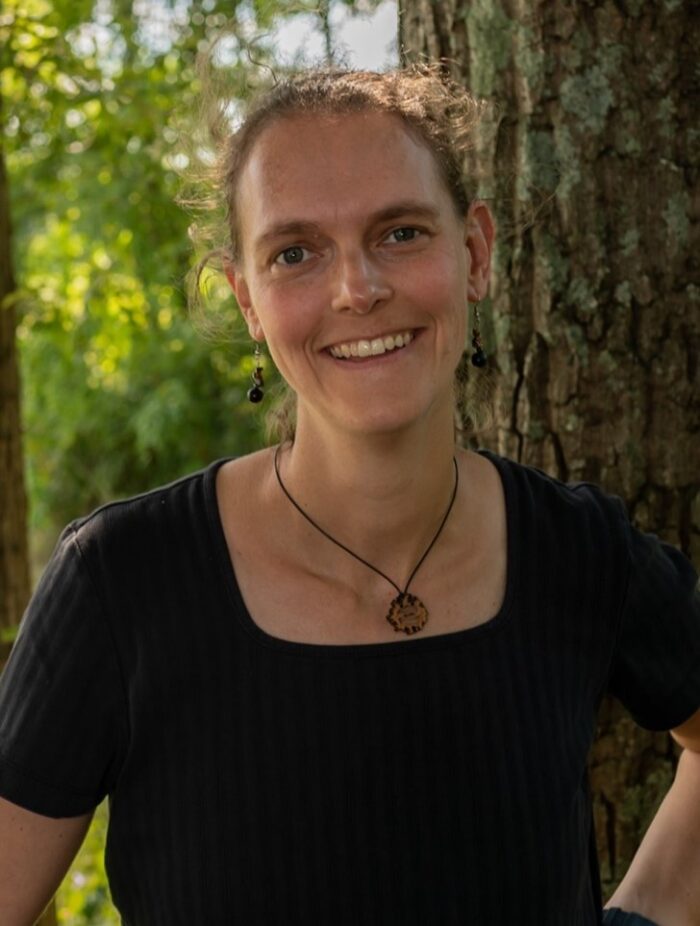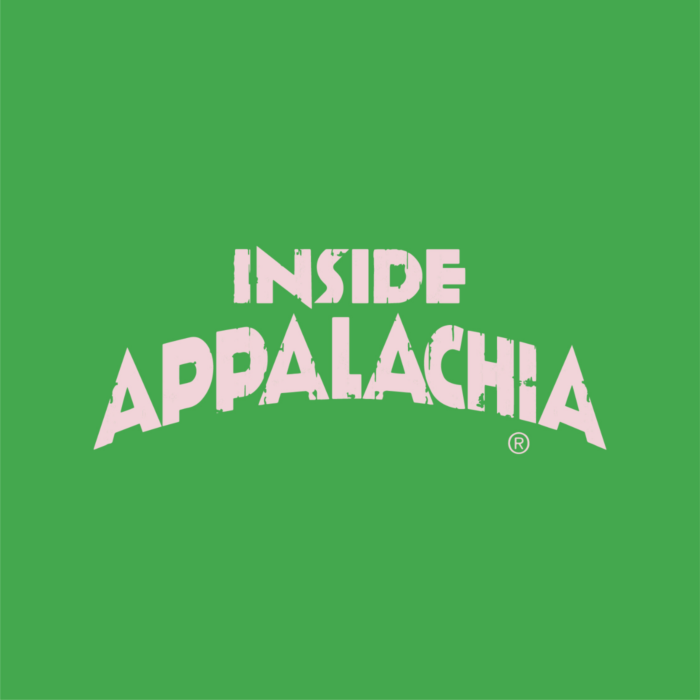Siirry offline-tilaan Player FM avulla!
Landslides, Climate Change And Gardening By The Signs, Inside Appalachia
Manage episode 360854541 series 134268
After last year’s flooding in Eastern Kentucky, some people had trouble getting insurance reimbursement. But it wasn’t just flood waters that destroyed homes. The rains also brought landslides.
We also visit with scientists in North Carolina, who explain how the language we use can lead to misunderstandings about climate change.
And, in Appalachia, farmers have long planted their gardens by celestial signs. Berea College professor Sarah Hall has a new book about how that knowledge is still in use today.
You’ll hear these stories and more this week, Inside Appalachia.
In This Episode:
- Floodwaters Lead To Landslides
- The Appalachian Accent In The Language Of Climate Change
- Book Bans In Prison
- Gardening By The Signs
Floodwaters Lead To Landslides
We’ve shared several stories on Inside Appalachia about the historic flooding in Eastern Kentucky and people’s ongoing efforts to rebuild their homes and lives. But there’s another, less discussed aspect of the story — landslides — and how tricky it can be trying to get insurance reimbursement.
Host Mason Adams spoke with Kentucky journalist Austyn Gaffney, who’s written about the issue.
The Appalachian Accent In The Language Of Climate Change
Climate change means disruptions to global weather patterns — heavier rain, more intense storms, flooding and extreme heat — among other symptoms. Much of the research behind climate change uses data stored at the National Center for Environmental Information in Asheville, North Carolina, the world’s largest repository of climate data.
Blue Ridge Public Radio’s Helen Chickering spoke with scientists about the trouble with the language of climate change.
Book Bans In Prison
Restricting access to books in school libraries is a national conversation, but what about book bans in prisons?
The Marshall Project is a nonprofit newsroom focused on the criminal justice system. It’s published a searchable database of the books banned in 18 state prison systems, including several in the Appalachian region.
WVPB’s Eric Douglas spoke with Marshall Project journalist Andrew Calderón about the project and what it could mean in West Virginia prisons.
Gardening By The Signs
It’s that time of year when people start planting their gardens. But when should you plant?
Sarah Hall is an associate professor of agriculture and natural resources at Berea College. She’s the author of “Sown in the Stars: Planting by the Signs,” a new book that blends Appalachian oral storytelling with the very old method of gardening by the stars.
Producer Bill Lynch spoke to her about learning about gardening by astrology.

------
Our theme music is by Matt Jackfert. Other music this week was provided by Jesse Milnes, Chris Knight, Tyler Childers, Landau Eugene Murphy, Jr., and Marteka and William.
Bill Lynch is our producer. Eric Douglas is our executive producer. Kelley Libby is our editor. Our audio mixer is Patrick Stephens. Zander Aloi also helped produce this episode.
You can send us an email at InsideAppalachia@wvpublic.org.
You can find us on Instagram and Twitter @InAppalachia and on Facebook here.
And you can sign up for our Inside Appalachia Newsletter here!
Inside Appalachia is a production of West Virginia Public Broadcasting.

340 jaksoa
Landslides, Climate Change And Gardening By The Signs, Inside Appalachia
Podcast - Inside Appalachia Story Archives - West Virginia Public Broadcasting
Manage episode 360854541 series 134268
After last year’s flooding in Eastern Kentucky, some people had trouble getting insurance reimbursement. But it wasn’t just flood waters that destroyed homes. The rains also brought landslides.
We also visit with scientists in North Carolina, who explain how the language we use can lead to misunderstandings about climate change.
And, in Appalachia, farmers have long planted their gardens by celestial signs. Berea College professor Sarah Hall has a new book about how that knowledge is still in use today.
You’ll hear these stories and more this week, Inside Appalachia.
In This Episode:
- Floodwaters Lead To Landslides
- The Appalachian Accent In The Language Of Climate Change
- Book Bans In Prison
- Gardening By The Signs
Floodwaters Lead To Landslides
We’ve shared several stories on Inside Appalachia about the historic flooding in Eastern Kentucky and people’s ongoing efforts to rebuild their homes and lives. But there’s another, less discussed aspect of the story — landslides — and how tricky it can be trying to get insurance reimbursement.
Host Mason Adams spoke with Kentucky journalist Austyn Gaffney, who’s written about the issue.
The Appalachian Accent In The Language Of Climate Change
Climate change means disruptions to global weather patterns — heavier rain, more intense storms, flooding and extreme heat — among other symptoms. Much of the research behind climate change uses data stored at the National Center for Environmental Information in Asheville, North Carolina, the world’s largest repository of climate data.
Blue Ridge Public Radio’s Helen Chickering spoke with scientists about the trouble with the language of climate change.
Book Bans In Prison
Restricting access to books in school libraries is a national conversation, but what about book bans in prisons?
The Marshall Project is a nonprofit newsroom focused on the criminal justice system. It’s published a searchable database of the books banned in 18 state prison systems, including several in the Appalachian region.
WVPB’s Eric Douglas spoke with Marshall Project journalist Andrew Calderón about the project and what it could mean in West Virginia prisons.
Gardening By The Signs
It’s that time of year when people start planting their gardens. But when should you plant?
Sarah Hall is an associate professor of agriculture and natural resources at Berea College. She’s the author of “Sown in the Stars: Planting by the Signs,” a new book that blends Appalachian oral storytelling with the very old method of gardening by the stars.
Producer Bill Lynch spoke to her about learning about gardening by astrology.

------
Our theme music is by Matt Jackfert. Other music this week was provided by Jesse Milnes, Chris Knight, Tyler Childers, Landau Eugene Murphy, Jr., and Marteka and William.
Bill Lynch is our producer. Eric Douglas is our executive producer. Kelley Libby is our editor. Our audio mixer is Patrick Stephens. Zander Aloi also helped produce this episode.
You can send us an email at InsideAppalachia@wvpublic.org.
You can find us on Instagram and Twitter @InAppalachia and on Facebook here.
And you can sign up for our Inside Appalachia Newsletter here!
Inside Appalachia is a production of West Virginia Public Broadcasting.

340 jaksoa
Kaikki jaksot
×Tervetuloa Player FM:n!
Player FM skannaa verkkoa löytääkseen korkealaatuisia podcasteja, joista voit nauttia juuri nyt. Se on paras podcast-sovellus ja toimii Androidilla, iPhonela, ja verkossa. Rekisteröidy sykronoidaksesi tilaukset laitteiden välillä.




